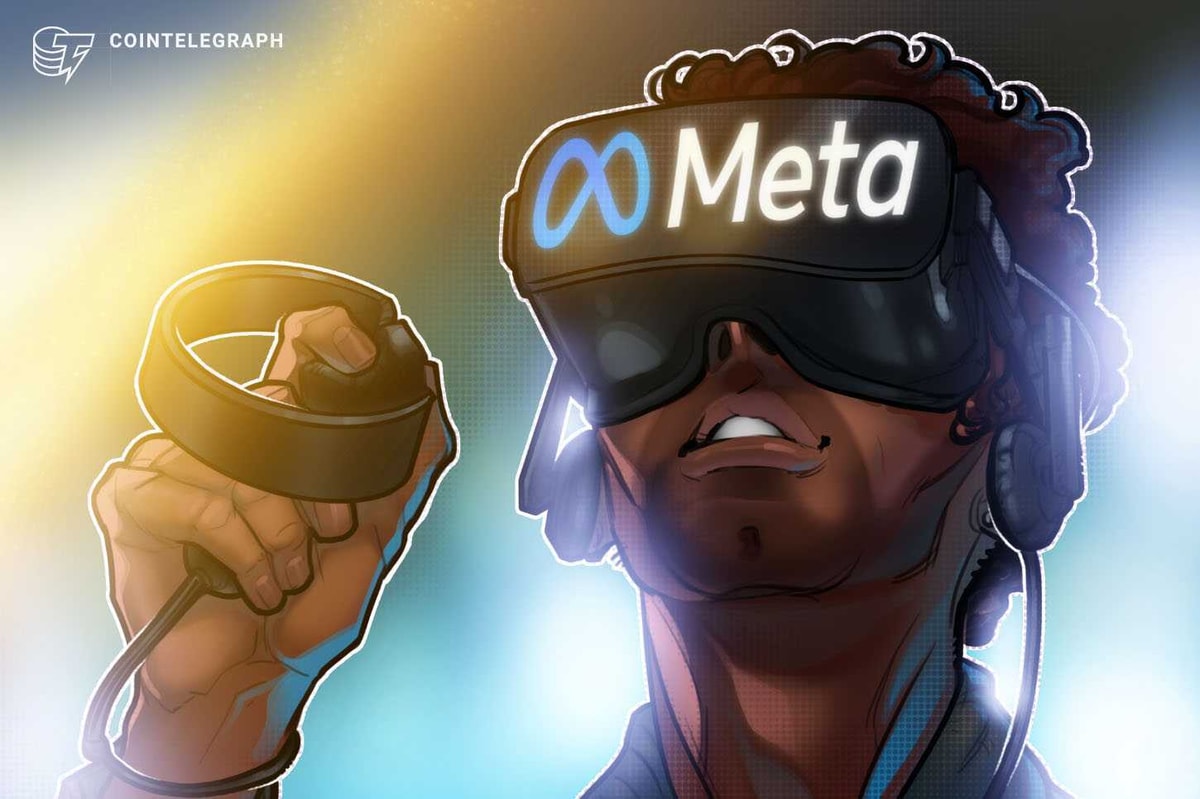On Tuesday, Maruti announced the Expoverse, its third attempt at creating a metaverse environment for its users after the Nexa-verse in July 2022, and Arena-verse in December. The first two metaverse experiences for India’s largest car manufacturer were akin to virtual car colour and configuration simulators, and were made available across its showrooms.
While the Expoverse will be available with virtual reality headsets across 1,100 Maruti Suzuki dealerships, it will be also accessible on a link that allows users to access the company’s metaverse experience on a web browser.
South Korea-based Hyundai Motor, which is India’s second largest car company by market share, showcased its own metaverse experience at the 2023 Auto Expo. Built in partnership with gamification platform Roblox, which has been used by brands such as Nike and Gucci as well, Hyundai’s virtual rendition at the 2023 Auto Expo was announced on 5 January, and is a continuation of Hyundai Mobility Adventure-shared virtual space on Roblox, which was announced in September 2021.
MG Motor launched MGverse, a platform built in partnership with metaverse environment platform Metadome.While the Expo is one part of MG’s metaverse experience, the company’s overall experience includes a virtual test drive, interior and exterior configurators, and the prospect of converting users’ interests to sales through the MGverse platform.
“We have worked with Metadome, and used Unreal Engine to create the metaverse experience. The platform has plenty of scope to drive commerce to us, because the journey of a customer through the platform is significantly more engaging,” Gaurav Gupta, chief operating officer, MG Motor India, said.
While the buzz around metaverse experiences has cooled, the company has been working on the platform for a long time, he added. “If you look at the MG ZS electric vehicle, we started work back in 2017, when the entire EV market of India had fewer than 2,000 cars. We are looking at this initiative as an early mover in the segment, and we’ll keep working on it as the technologies progress, to see how it works.”
Gupta did not divulge the amount of investments MG Motor has made to build the platform.
Metaverse experiences were seeing steady growth through the first half of 2022, but economic uncertainties led to a decline in discretionary spends, such as creating metaverse experiences.
Rajat Ojha, chief executive of homegrown metaverse platform Partynite, said the company is seeing “more than 100x higher dollar revenue than the start of 2022, besides new queries from clients have dropped by 5x”. “This has been the trend this year, where only customers with specific and long-term metaverse projects in mind are seeking to pursue them. This has led to us getting fewer new projects, but the ticket size of these projects are significantly larger than before.”
Over the past four quarters, the company has signed deals with US-based automaker Dodge, as well as “a leading global bank and one of the big four consultancies,” among others, Ojha said.
“There is interest from auto companies, and we’ve been in conversation with many brands to build metaverse experiences for them. From this year, we can expect commerce to play a bigger role in metaverse projects as well.”
A 12 December report by consultancy Deloitte said retail and e-commerce, and consumer durables, were among the top sectors drawing interest in metaverse projects through 2022.
Sreeram Ananthasayanam, partner at Deloitte India, said the key factors that would contribute to the adoption of metaverse included “digital maturity of organizations” and the economic infrastructure and dependency on a growing creator economy that is driven by influencers on the social media platforms.
“Based on growing awareness of the application possibilities of the metaverse, organizations are likely to reshuffle their businesses to take advantage of a new, evolving technology and address a digital-native generation,” Ananthasayanam added.
Globally, however, the excitement around metaverse faded in October last year, after a report by The Wall Street Journal said that Meta’s own metaverse targets had not gone according to plan.
Citing internal documents, WSJ reported that while Meta planned to have at least 500,000 users on its metaverse platform, Horizon Worlds, by October last year, the same figure was more than 60% short of target — at around 200,000.
To make things worse, the report added that even the users that sign up on the platform do not stick to it, and leave after their first month — causing the number of active users to remain very low.
MG’s Gupta said that over time, the company will watch how the space progresses, before making a call on how to build on this metaverse experience further. “It’s not just about putting money in a venture and expecting returns on this investment. The metaverse is a growing piece of technology, so exactly how it will grow and how we will use it is something that we ourselves will only figure out in the long run,” he added.
Download The Mint News App to get Daily Market Updates & Live Business News.
Read More: news.google.com









 Bitcoin
Bitcoin  Ethereum
Ethereum  Tether
Tether  XRP
XRP  Solana
Solana  USDC
USDC  Dogecoin
Dogecoin  TRON
TRON  Cardano
Cardano  Lido Staked Ether
Lido Staked Ether  Wrapped Bitcoin
Wrapped Bitcoin  Sui
Sui  Hyperliquid
Hyperliquid  Wrapped stETH
Wrapped stETH  Chainlink
Chainlink  Avalanche
Avalanche  Stellar
Stellar  Bitcoin Cash
Bitcoin Cash  LEO Token
LEO Token  Toncoin
Toncoin  Shiba Inu
Shiba Inu  USDS
USDS  Hedera
Hedera  Litecoin
Litecoin  WETH
WETH  Wrapped eETH
Wrapped eETH  Monero
Monero  Polkadot
Polkadot  Binance Bridged USDT (BNB Smart Chain)
Binance Bridged USDT (BNB Smart Chain)  Bitget Token
Bitget Token  Ethena USDe
Ethena USDe  Pepe
Pepe  Pi Network
Pi Network  Coinbase Wrapped BTC
Coinbase Wrapped BTC  WhiteBIT Coin
WhiteBIT Coin  Dai
Dai  Aave
Aave  Uniswap
Uniswap  Bittensor
Bittensor  Ethena Staked USDe
Ethena Staked USDe  Cronos
Cronos  OKB
OKB  Aptos
Aptos  Jito Staked SOL
Jito Staked SOL  NEAR Protocol
NEAR Protocol  BlackRock USD Institutional Digital Liquidity Fund
BlackRock USD Institutional Digital Liquidity Fund  Ondo
Ondo  Internet Computer
Internet Computer  Ethereum Classic
Ethereum Classic